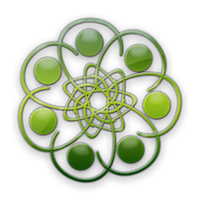Pilot study evaluating broccoli sprouts in advanced pancreatic cancer (POUDER trial) – study protocol for a randomized controlled trial
Pancreatic ductal adenocarcinoma (PDA) is one of the most aggressive malignancies with marked resistance to chemo- and radiotherapy. PDA-cancer stem cells (CSCs) are not targeted by current therapies and may be a reason for poor prognosis. Studies indicate that diets rich in cabbage, broccoli, and cauliflower offer cancer preventative and therapeutic benefits. Recent experimental studies have confirmed these findings and demonstrated that isothiocyanate, sulforaphane, and the polyphenol, quercetin, effectively reduced tumor growth and enhanced the sensitivity of the cancer cells to current chemotherapeutics.
Read more

